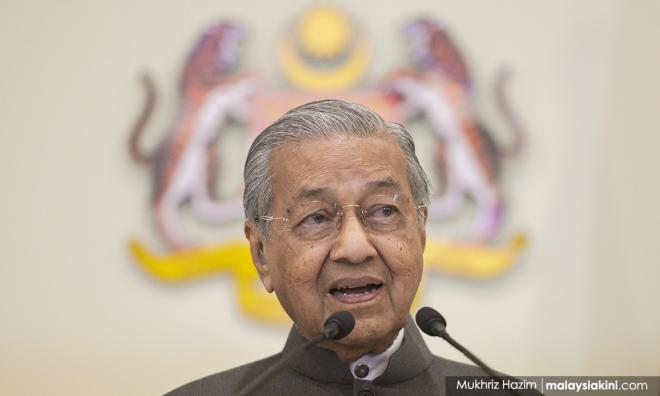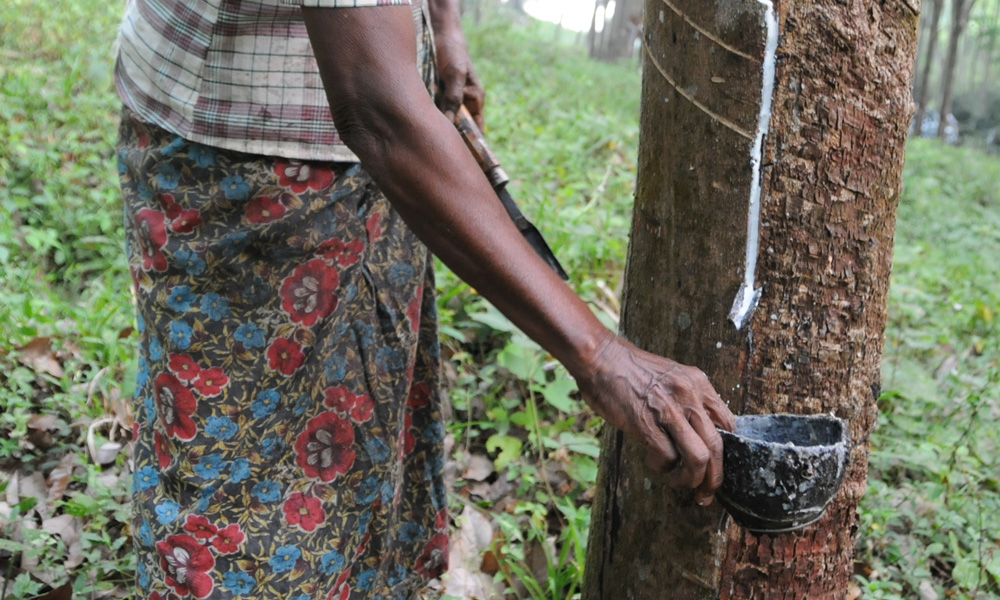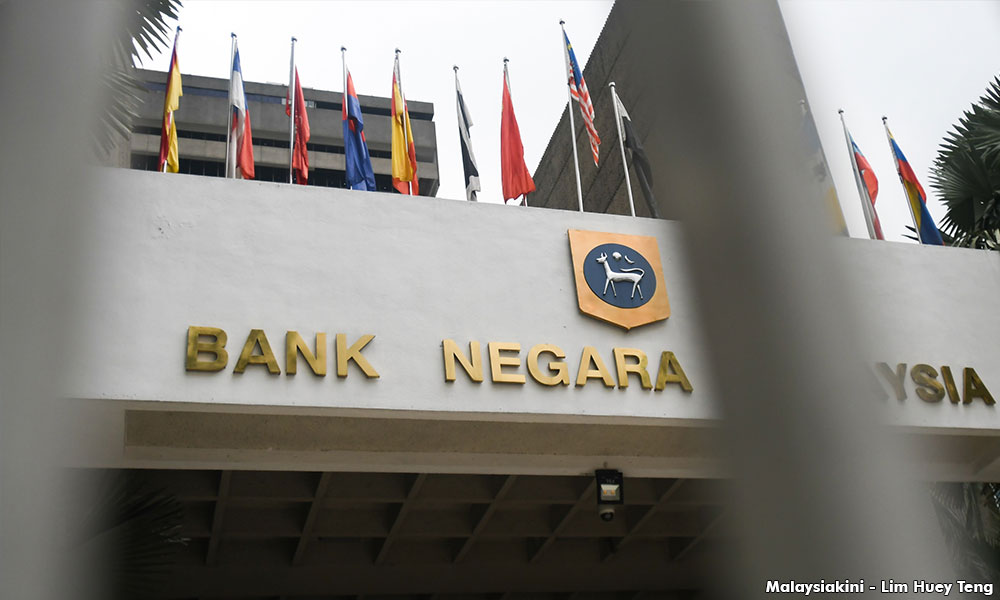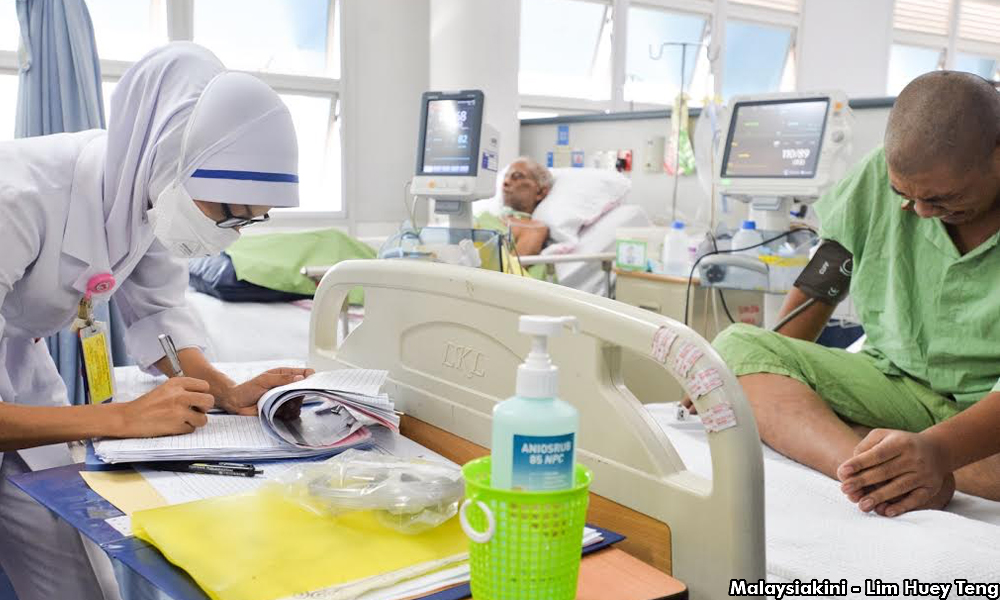
It’s not the first time the poor are blamed for being poor.
This old school thinking started in the 1970s and 1980s. The idea is simple: You are poor because you are either too lazy, too irresponsible, too immoral, or all at once.
Prime Minister Dr Mahathir Mohamad reaffirmed this at the monthly civil servant gathering at Putrajaya. He said that the reason for poverty was because the poor are “unproductive” and they “do not contribute to society in a way where society would repay them”.
This was similar to the thesis he first developed 50 years ago, that says poverty is created due to the lack of industriousness and their shortage of business acumen.
But this time the prime minister added a different element to this sociological explanation. He urged the poor to not “feel envious” for the wealthy, especially those who have given a lot of money in the form of taxes to society. To turn a new leaf, they must suppress envy and not allow it to influence them.
In essence, the poor in Malaysia are poor because they are unproductive and envious of the wealthy. If only they could contribute more to society by working harder, upgrade their skills and knowledge, and never to look at the wealth of the wealthy in disdain, maybe then they could escape the poverty trap and be rich.
If only.
Needless to say, blaming the poor for being poor is problematic. Here are some reasons why.
Poverty is created by society
First, poverty is not personal, it is structural. The greatest predictor of a person’s poverty is not their personal characteristics, but the structural dynamics around.
The assumption that somehow by working a little harder – or with higher “productivity” – will take the poor out of poverty is a fallacy. Not all opportunities are created equal. Upward income and social mobility are not available to everyone the same way.

Today, the poor in Malaysia are faced with structural challenges of low wages, lack of good-quality jobs, poor quality of education in public schools, unsafe and unhealthy living conditions, scarce social assistance, high cost and cultural stigma of birth control, high cost and inaccessible daycare centres, and many others.
And this inequality is likely to worsen in the world of technology. More and more blue-collared jobs held by low-income individuals will be replaced by automation, and only those with sufficient disposable income and time will be able to upskill.
Our public education system currently does not prepare our children for this technological challenge as the subjects of data science, software engineering, and machine learning become essential.
Richer children will have the chance to learn coding in private schools while the poor children will sit through a superficial wood making class with no teachers present. Richer children will start exploring the world of artificial intelligence and understand the internet of things during their free time, while poor children have to work part-time on mundane tasks to help his family.
Widening income inequality has shown to lead to a widening achievement gap between children living in high and middle income compared to low-income families. Rich children have a head-start in society while the poor face worsening disadvantages every day.
The poor are at higher risk for family problems like divorce and domestic violence. Chronic stress prevails when bills are not paid and the household is not stable. The school is rundown with inadequate facilities, the house is dilapidated with no nutritious food on the table, the community is dangerous and unforgiving. No mentors to help them; only bullies and gangs to make their life miserable.
How can a poor student focus on his studies when his parents are shouting and hitting each other and there are gunshots in the neighbourhood?
By imposing all or partial blame on the poor is oversimplifying a complex societal issue that is caused by the structure.
Dangerous policy thinking
Second, by attributing the blame on the poor is also dangerous if this myth and stereotype feed into policy thinking.
There is one clear example to illustrate this. Whenever labour groups call for the government to increase the national minimum wage, the common response by the prime minister and his government is that the low pay is justified because our workers have low productivity.

This is even though Bank Negara has concluded that Malaysian workers are being paid far less compared to other economies, even after accounting for productivity levels. Not only does this disprove the prime minister’s justifications of low productivity, but it also shows that poor policy thinking may lead to poor policies that may harm the poor.
If poverty is created by the poor themselves, not raising minimum wage now seems like the right thing to do. Worse, it may even start to sound like the most responsible thing to do.
That is why this is dangerous thinking – especially when this was not said in jest or in passing. This was an idea built through generations.
The highest form of injustice
Third, blaming the poor for being poor is simply unjust.
We cannot assume that the poor are just a group of shiftless, unmotivated, and discouraged people. In fact, most employable poor people work and many of them hold more than one job to make up for stagnant wages and low wage growth.
As mentioned before, it is not that they are working any lesser or that they have become lazier. The poor are getting poorer because the economy is rigged against them – work conditions have worsened, part-time/contract-based/gig jobs have removed economic and job security, real wages have also decreased over time. It is harder to get by.
By depicting the poor as lazy and unproductive, the government has worsened the stigmatisation, humiliation, and shame against the poor. Research has shown that the poor have already suffered a chronic level of stress due to circumstances created by poverty.

Not only do the poor have difficult access to healthcare and live in more disease-prone neighbourhoods, but the compounding effects of higher infant mortality, higher imprisonment rates, lower life expectancy, higher obesity rates, higher murder rates are also biologically corrosive to the health of the poor.
It is outrageous now to pin more blame to the most marginalised and disenfranchised group in the country.
Protect the rich, trample the poor
I don’t know if the prime minister also realises that his speech spoke like an ode to protect existing inequality. It sounds to me like: Do not question the excess wealth at the top, worker harder to escape your own poverty.
Never mind the fact that excess wealth in this country was mostly created through unscrupulous means of uninspiring cronyism, unhelpful rent-seeking behaviour, and uninviting backroom dealings. The enormous profit margins and middleman commissions seem more unproductive to our economy than the poor man’s honest day work.
What must be done is not to ask the poor to work harder. Instead, we must focus on raising minimum wages, working towards full employment, and creating labour policies friendly to workers, among others.
In other words, get the government to work for the many. And not to shift the blame to the people at the lowest rung of society.
JAMES CHAI is a legal consultant and researcher working for Invoke, among others. You may reach him at jameschai.mpuk@gmail.com. - Mkini


No comments:
Post a Comment
Note: Only a member of this blog may post a comment.